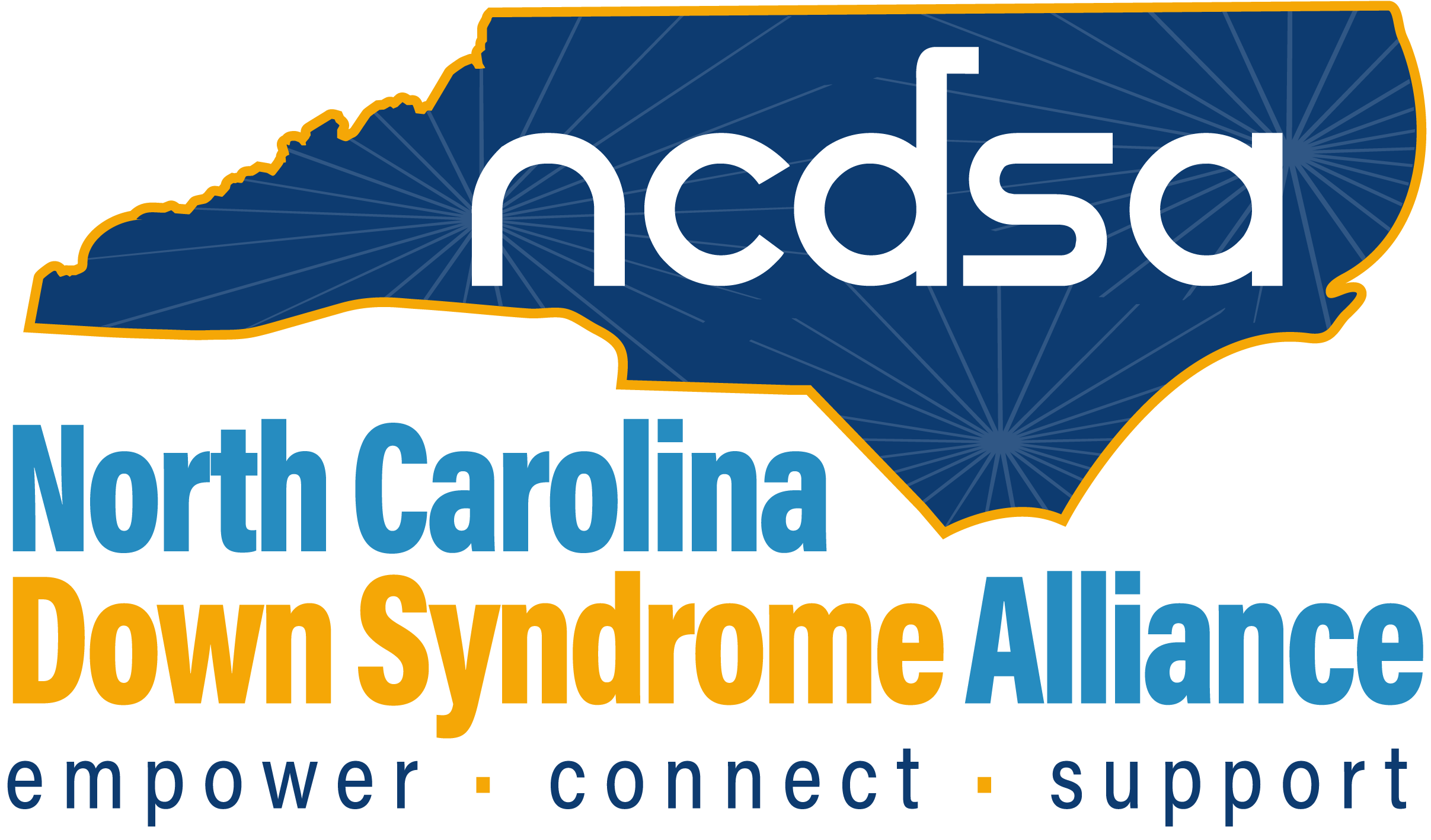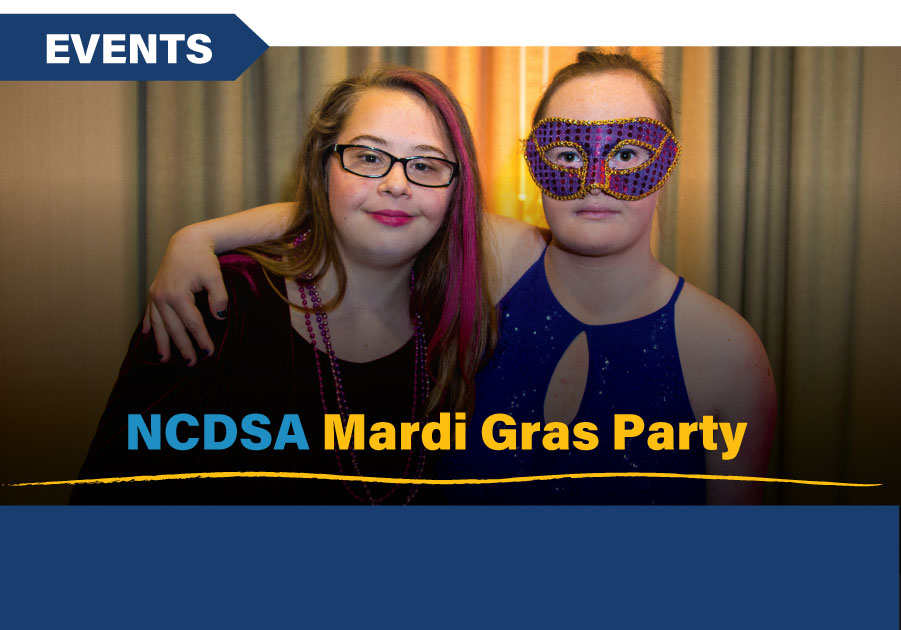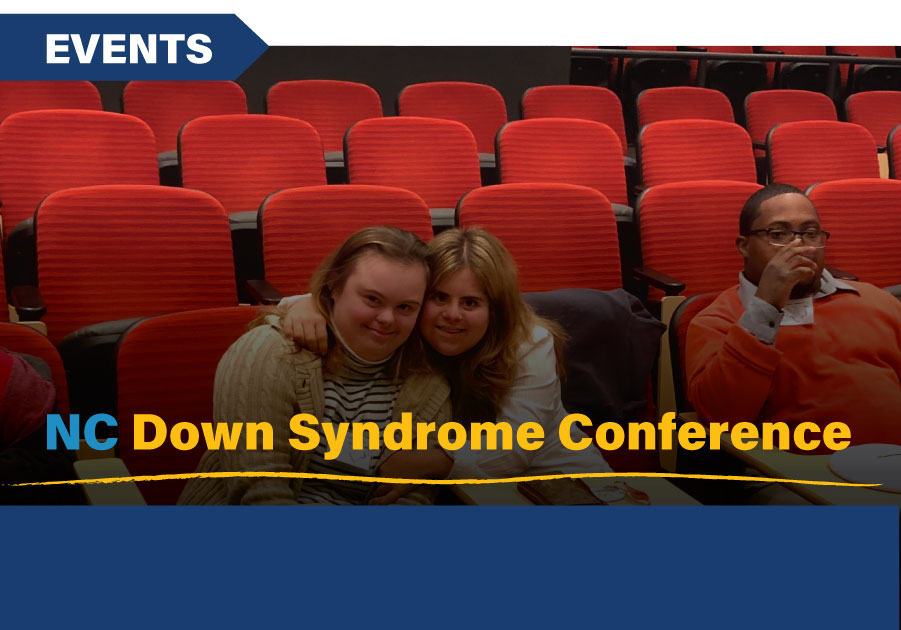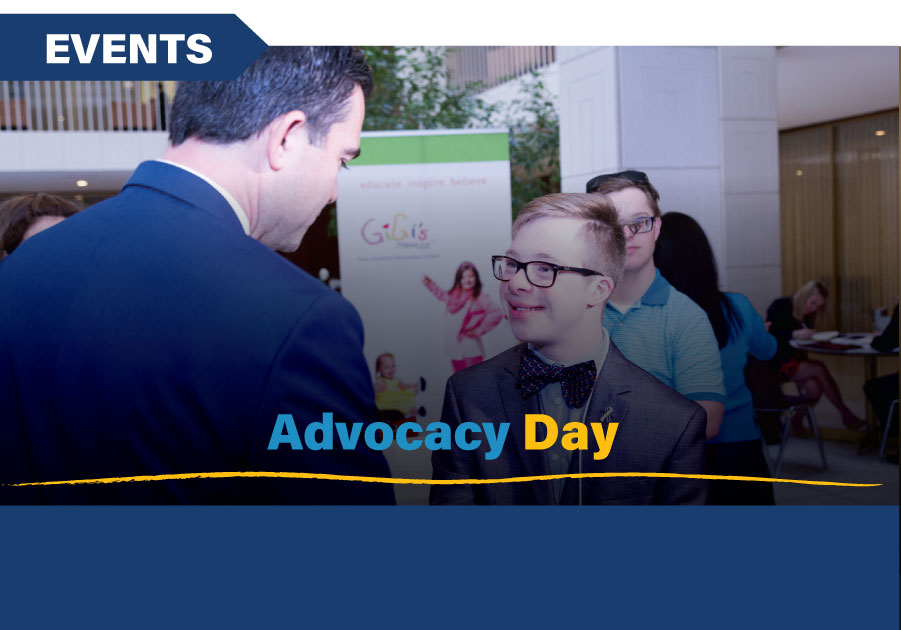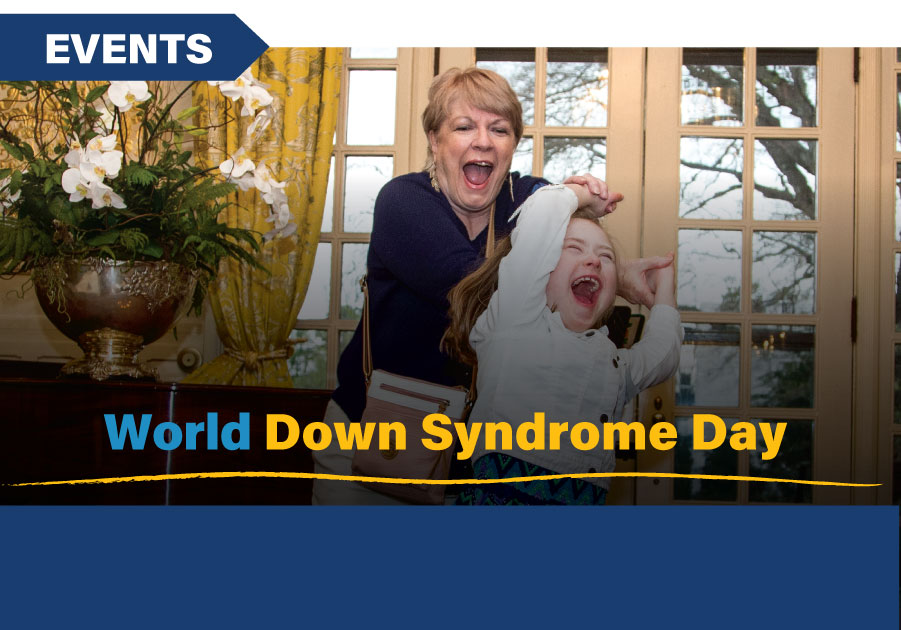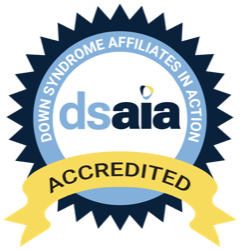Advocacy in Action
Statistics show that one in five Americans have a disability. Individuals with disabilities are the country’s number one minority group but also the country’s most under-served and under-represented population. State and federal legislators are responsible for creating policies that impact every aspect of our lives. Unfortunately, by not having adequate representation when decisions are made, individuals with Down syndrome are not often considered.
It is up to advocates in the Down syndrome community to help our elected officials be better prepared to represent our interests when crafting legislation.
Advocacy is as simple as telling your story, defining a problem, and presenting a solution. NC Down Syndrome Alliance, state, and national disability advocacy groups can keep you up to date on pressing issues (problems) and legislation (solutions).
Get Informed:
The National Down Syndrome Society (NDSS) empowers individuals with Down syndrome and their families by driving policy change, providing resources, engaging with local communities, and shifting public perceptions. Their Action Alerts are a great way to keep up-to-date on issues and legislation that impacts our loved ones with Down syndrome.
The North Carolina Council on Developmental Disabilities (NCCDD) uses advocacy, capacity building and systems change to improve the opportunities and lives of over 180,000 North Carolinians with intellectual and developmental disabilities (I/DD) and their families. The Council is appointed by the governor and represents and partners with agencies, service providers and other organizations across the State that provide people with I/DD, their families and caregivers access to services and resources needed to live in the community of their choice. NCCDD’s Action Alerts will help you stay on top of state-specific issues, which often impact NCDSA families more directly.
Get Involved:
Contact your elected official: send an email or letter, make a phone call, or visit their office. Not sure who to contact? Find your federal and state legislators here.
Contact NCDSA Assistant Director, Christy Cooper, at christy@ncdsalliance.org for more ways to get involved.
Get Your Voice Heard:
- Remain non-partisan and respectful
- Be brief – 3 minutes or less or one page in length
- Remain on topic – make one point
- Be prepared – know your topic
- Rehearse your personal story if calling or visiting
- Do not use disability specific language, jargon, or acronyms
- Thank them for their time
Visit NDSS’s website for more advocacy tips and resources.
